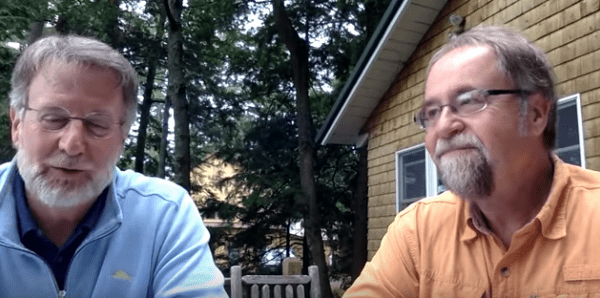
As career coaches, we must always remember that it is all about the conversation. It is not about the assessments we give, or the advice we hand out, or even the resources we share. Without a quality conversation, we are unlikely to be that helpful to our clients. By discussing assessment results and consistently checking in with our clients, they can then learn how to interpret whether they are on the right track.
It’s all about the conversation.
When I was the Director of Advising, Career, and Transfer at a local community college, I taught a Career Decision Making class. I gave three different interest assessments—one personality and two values assessments. I always would say as I prepared the students for each one “Don’t believe the results of the assessments”. They’d look at me confused and typically ask, “Then why are we taking them?” I explained they should be suspicious of all assessment results. It isn’t until we discuss the results and make sense of them within each person’s specific life and situation that we can believe them.
The power of Career coaching is in getting the students or clients to explore their own beliefs, values, interests, and experiences and really listen to their interpretation of their world. If they present a skewed picture of their own career development or see obstacles where there are none, it is our job as the coach (advisor, counselor, practitioner…whatever you call yourself), to challenge their thinking and help them figure out how to move forward. Again, it’s all about the conversation and getting them to figure it out with our help.
Read how I use card sorts to create the conversation.
We should provide resources and information when appropriate, but the real power in the coaching session is getting the client to uncover important themes and realize they often have the answer within themselves, they just need a coach to help pull it out.
There is nothing worse than hearing someone say “My guidance counselor told me I could not do that.” Or, “my parents said that I should do _________.” Because when someone else says you can’t or shouldn’t or even should do something, it will be that person who is wrong when it doesn’t work out. Yikes! Now we can suggest, offer, and nudge when appropriate but never lose sight of the fact that it is indeed all about the conversation.
Asking those great open-ended questions that get the client to think about things forces them to really try to make sense of their own career development. I am always listening for their words and phrases and my goal is to get them to be the one talking at least 60-70% of the time.

Many of their own conclusions will not come in the current session. It may happen when they leave and do more thinking about your conversation, on a walk they take in two days, or maybe even a month from now. The key is to get them thinking and taking ownership of their own career development. You do that by making sure it’s all about the conversation.
Note: this blog is based upon Chapter 7 in my book A Field Guide for Career Practitioners: Helping Clients Create Their Next Move due out in May 2019.
————————————–
Jim Peacock is the Principal at Peak-Careers Consulting and writes a weekly email for career practitioners. Peak-Careers offers discussion-based online seminars for career practitioners focused on meeting continuing education needs for CCSP, GCDF and BCC certified professionals as well as workshops for career practitioners and individual career coaching.
He is the author of A Field Guide for Career Practitioners: Helping Your Clients Create Their Next Move and The Adventure of Finding Me in New Zealand. He is also the recipient of the 2020 Kenneth C. Hoyt Award from the National Career Development Association and the Mid-Atlantic Career Counseling Association’s Professional Contribution’s Award in 2020.
Sign up to receive my TOP 10 TIPS WHEN WORKING WITH AN UNDECIDED PERSON. You will also receive the career practitioner’s weekly email on a variety of career topics, industry news, interesting events, and more. (Sign up)



Leave a Reply